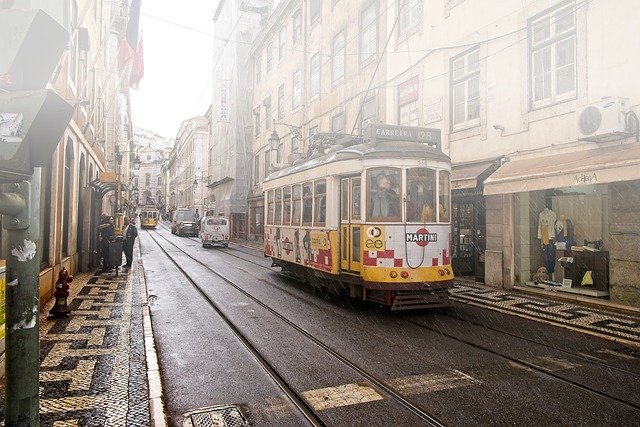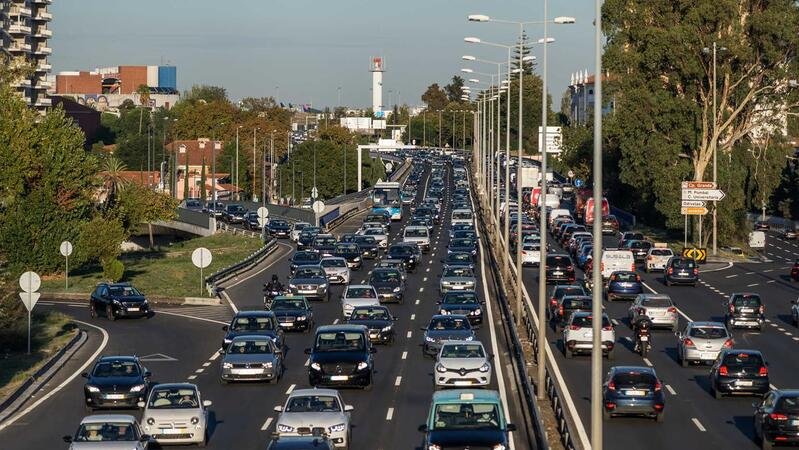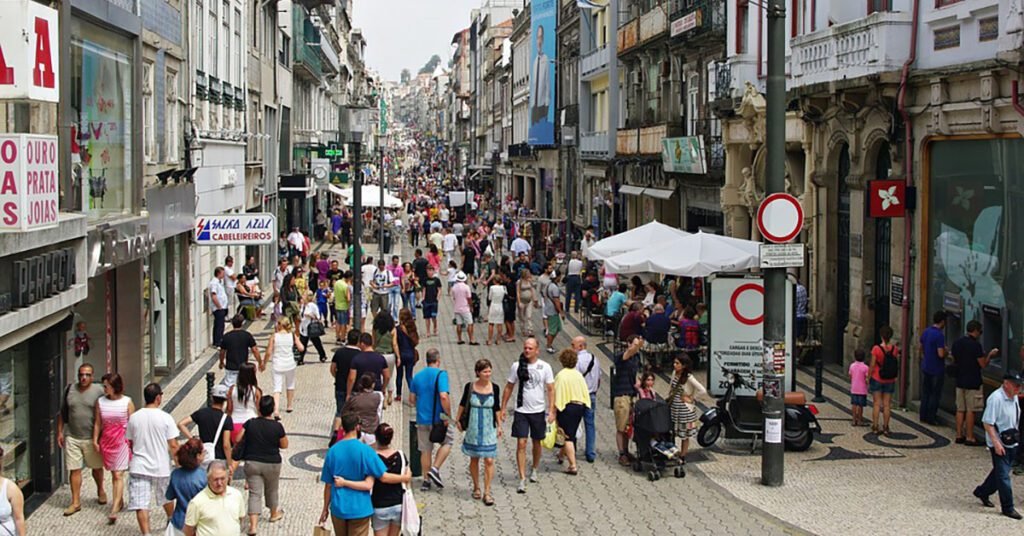Portugal, a country rich in history and culture, possesses a unique set of characteristics that may pose challenges for those unfamiliar with its nuances. Let’s explore the top 10 worst Portuguese traits that some individuals might find challenging, keeping in mind that these are generalizations and may not apply to everyone.
1. Relaxed Approach to Punctuality
Portuguese time tends to be more flexible, which can be disorienting for those accustomed to strict punctuality. Events and meetings often start a bit later than initially planned.
2. Expressive Communication Style
Portuguese people often communicate with passion and expressive gestures, which may be perceived as confrontational by those used to a more reserved communication style.
3. Bureaucratic Challenges
Dealing with bureaucracy in Portugal can be intricate and time-consuming. Navigating administrative processes may require patience and persistence.
4. Perception of Negativity
The Portuguese may engage in what’s colloquially known as “fado,” expressing complaints or frustrations as a form of cultural expression. This might be misunderstood as a generally negative outlook.
5. Resistance to Cold Weather
Despite a mild climate, many Portuguese individuals have a low tolerance for cold weather, resulting in a penchant for bundling up even in relatively mild temperatures.

6. Reserved Initial Demeanor
In initial interactions, some Portuguese people might appear reserved or guarded. Building trust and rapport may take a bit more time compared to more extroverted cultures.
7. Traffic and Driving Habits
Portuguese cities can have congested traffic, and driving habits may seem chaotic to those from countries with more structured traffic systems.

8. Challenges in Language Barrier
While English is widely spoken, particularly in urban areas, some rural regions may present language barriers for non-Portuguese speakers.
9. Perception of Formality
Portuguese communication style may be perceived as too informal by those accustomed to more formal and structured interactions.
10. Resistance to Change
Cultural traditions and long-standing practices are deeply valued in Portugal, leading to potential resistance to rapid societal changes.


